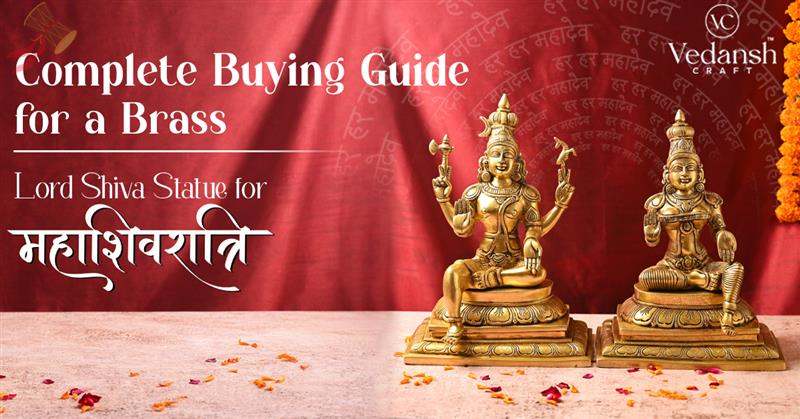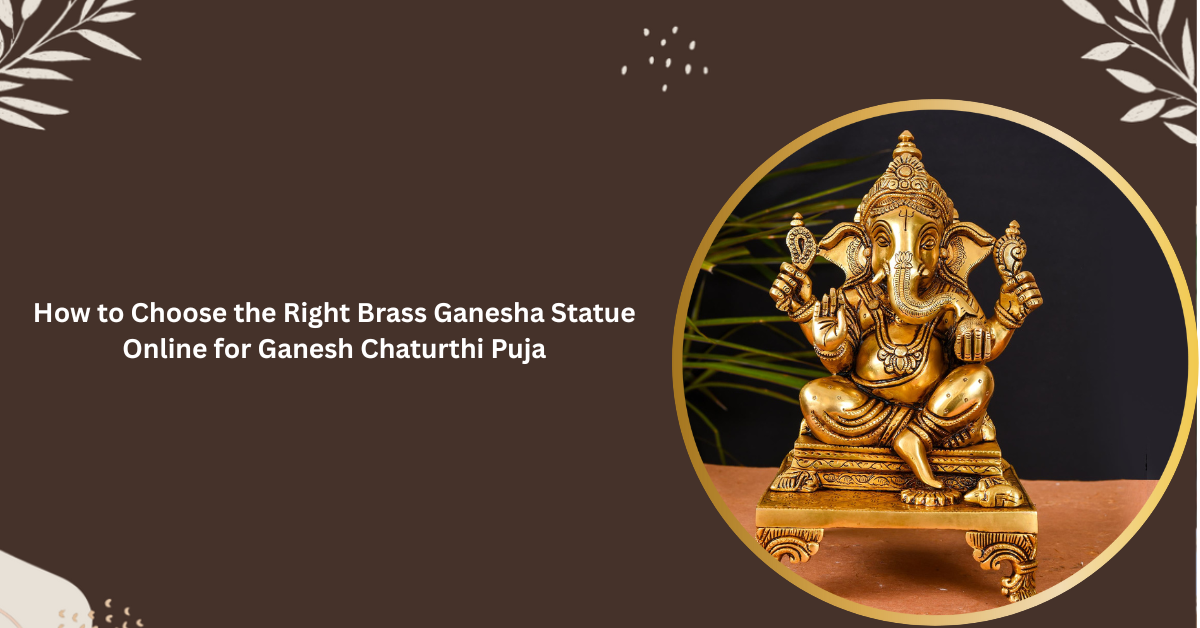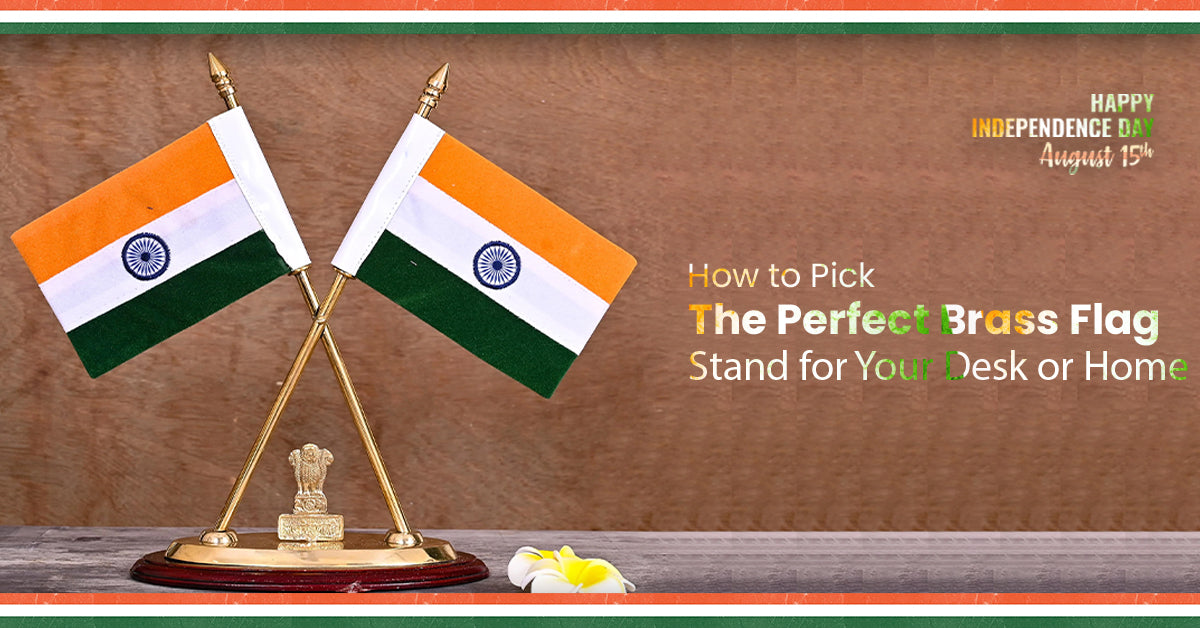

Pradosh Vrat 2024 – The Stories Behind Pradosh Vrat
, by javed techqart, 8 min reading time
Pradosh Vrat is a sacred observance in Hinduism dedicated to Lord Shiva. It falls on the thirteenth day of both the waxing and waning lunar phases, typically occurring twice a month. "Pradosh" refers to the period just before sunset, and "Vrat" signifies a vow or observance. Devotees fast and perform rituals during this time to seek the blessings of Lord Shiva and attain spiritual merit.
Pradosh Vrat holds immense significance in Hinduism. It is believed that observing this vrat helps devotees attain peace, prosperity, and spiritual growth. According to Hindu mythology, Lord Shiva is easily pleased during the Pradosh period, making it an auspicious time for worship and seeking divine blessings. Devotees believe that observing Pradosh Vrat with devotion and sincerity can alleviate sins, fulfill wishes, and bring about overall well-being.
The origins of Pradosh Vrat can be traced back to ancient Hindu scriptures and mythology. References to the significance of dusk (Pradosh) and its association with Lord Shiva are found in various texts, such as the Puranas and the Vedas. Stories from these scriptures narrate the importance of observing Pradosh Vrat to attain divine grace and blessings.
Pradosh Vrat in 2024
In 2024, Pradosh Vrat holds special significance for devotees seeking the blessings of Lord Shiva. The dates for Pradosh Vrat vary based on the Hindu lunar calendar and the specific alignment of celestial bodies. Devotees keen on observing Pradosh Vrat should mark their calendars for the thirteenth day of both the waxing (Shukla Paksha) and waning (Krishna Paksha) lunar phases.
The timing of Pradosh Vrat is crucial for its observance, typically falling during the twilight hours, known as Pradosh Kaal, just before sunset. Devotees eagerly await this auspicious window of time to commence their prayers, rituals, and offerings to Lord Shiva, seeking his divine grace and blessings.
How Devotees Prepare for and Observe the Vrat
Fervent devotion, ceremonial practices, and acts of piety characterize the observance of Pradosh Vrat. In preparation for Pradosh Vrat, devotees undertake various spiritual and practical measures to ensure a meaningful and auspicious observance:
- Fasting
Many devotees observe a fast during Pradosh Vrat, abstaining from food and water throughout the day until the culmination of the vrat during the evening prayers.
- Purification
Before commencing the vrat, devotees engage in spiritual purification rituals, such as bathing, reciting sacred hymns, and purifying the mind and body through meditation and prayer.
- Puja and Offerings
As twilight approaches, devotees gather in temples, homes, or sacred spaces dedicated to Lord Shiva. They perform elaborate puja rituals, invoking the divine presence of Lord Shiva through the chanting of mantras, the lighting of incense, and the offering of flowers, fruits, and sacred items.
- Listening to Katha
Many devotees partake in the tradition of listening to the Katha or sacred stories associated with Pradosh Vrat, gaining spiritual insights and inspiration from the timeless teachings embedded within these narratives.
- Satsang and Community Participation
Pradosh Vrat also allows devotees to come together in spiritual fellowship, participating in satsangs, group prayers, and collective worship, fostering a sense of unity and devotion within the community.
Pradosh Vrat Katha: Stories Behind Pradosh Vrat
Pradosh Vrat, a sacred observance dedicated to Lord Shiva, is enriched with stories highlighting the significance of devotion, righteousness, and divine intervention in Hindu mythology. Several tales associated with Pradosh Vrat stand out for their moral lessons and spiritual teachings. Let's delve into these captivating narratives:
1. The Prince and Priest's Wife
Once upon a time, a humble Brahmin priest lived in the heart of India and struggled to provide for his family. After his untimely demise, his wife and son faced dire circumstances, resorting to begging for survival. Amidst their hardships, they encountered a wounded stranger, who turned out to be Dharmagupta, the prince of Vidarbha, in disguise.
Touched by the compassion of the priest's wife, Dharmagupta stayed with them, recovering from his injuries. He witnessed the woman's devout observance of Pradosh Vrat and learned of its significance. Eventually, destiny intervened, and Dharmagupta's fortunes turned for the better. His life transformed for the better through a series of divine interventions, including a dream visitation from Lord Shiva and the love of a Gandharva princess.
The narrative underscores the transformative power of compassion, faith, and devotion, as exemplified by the observance of Pradosh Vrat.
2. Samudra Manthan
During the cosmic event known as Samudra Manthan, where gods and demons churned the ocean of milk to obtain the elixir of life (Amrita), a dangerous poison named Halahala emerged. Threatening to annihilate creation, the poison posed a grave danger to existence.
In response to the crisis, the gods and demons prayed Lord Shiva for assistance. Moved by their plight, Lord Shiva graciously consumed the potent poison, safeguarding the universe from destruction. The auspicious occasion coincided with Trayodashi Tithi and Pradosh Kaal, enhancing the significance of Pradosh Vrat as a time of divine intervention and protection.
The legend of Samudra Manthan underscores the benevolent nature of Lord Shiva and the auspiciousness of Pradosh Vrat in seeking divine blessings during challenging times.
3. Lord Shiva Saved Moon God
The Moon God, also known as Chandra or Soma, faced a dire predicament when he incurred the wrath of Daksha Prajapati, his father-in-law. Daksha cursed Chandra, causing his body to waste away, plunging the world into darkness and chaos. Desperate for redemption, Chandra sought solace and guidance from Lord Brahma, who directed him to perform penance and seek Lord Shiva's blessings.
Undertaking rigorous penance for six months, Chandra implored Lord Shiva for mercy and redemption. Lord Shiva appeared before Chandra as a Jyotirlinga in his benevolence, bestowing his divine grace upon him. As a result, Chandra's curse was partially alleviated, with Lord Shiva's blessings enabling him to wax and wane cyclically, restoring balance to the universe.
The auspicious occasion of Trayodashi during Pradosh Kaal marked the culmination of Chandra's penance and the bestowal of Lord Shiva's blessings, emphasizing the sanctity of Pradosh Vrat in seeking divine intervention and spiritual upliftment.
4. Vritrasura
Vritrasura, a formidable demon, posed a formidable threat to the gods, rendering them powerless in battle. Upon seeking guidance from their guru, Brihaspati, the gods learned of Vritrasura's formidable prowess and his past life as King Chitraratha, who had incurred the wrath of Goddess Parvati.
Confronted with the daunting task of defeating Vritrasura, the gods turned to Guru Pradosh Vrat for divine intervention. Through unwavering devotion and righteous action, the gods emerged victorious, highlighting the potency of Pradosh Vrat in overcoming adversities and defeating evil forces.
These timeless tales not only exemplify the power of devotion and righteousness but also underscore the profound significance of Pradosh Vrat in invoking the blessings of Lord Shiva and overcoming life's challenges through spiritual resolve.
Pradosh Vrat
The stories behind Pradosh Vrat resonate with timeless themes of compassion, righteousness, divine intervention, and spiritual redemption. Through the experiences of noble characters and divine beings, these narratives impart valuable lessons on the transformative power of faith, devotion, and righteous action.
Pradosh Vrat, observed on the thirteenth day of the waxing and waning lunar phases, holds profound significance in Hindu mythology and spiritual practice. It serves as a sacred opportunity for devotees to seek the blessings of Lord Shiva, overcome adversity, and cultivate spiritual growth.
As devotees observe Pradosh Vrat with sincerity and devotion, they honor the sacred traditions of Hinduism and forge a deeper connection with the divine. Through stories that span the realms of mortals and gods, Pradosh Vrat emerges as a beacon of hope, guiding seekers on their journey toward spiritual enlightenment and divine grace.
Tags
Blog posts




